As environmental concerns escalate globally, the golf industry evolves with sustainable strategies and cutting-edge technologies.
How Golf Courses Drawings Are Going Green in 2025: Trends and Technologies
Golf Courses Drawings Are Going Green in 2025
In 2025, eco-friendly golf courses will no longer be a niche idea but a mainstream movement, leveraging innovation to reduce environmental impact while enhancing playability and aesthetics. This blog explores how trends like advanced Golf Course Drawings, Grading Plans, and Irrigation Plan Drawing are shaping the green future of golf.
Revolutionizing Design with Sustainable Golf Course Drawings
The foundation of every golf course lies in its Golf Course Drawings—blueprints that define the layout, vegetation, water features, and elevations. In 2025, architects are shifting towards sustainable Golf Course Design Drawings that prioritize ecological preservation, resource efficiency, and minimal landscape disruption.
These updated drawings often include:
-
Strategic tree planting plans for carbon sequestration
-
Wetland and wildlife corridor integration
-
Buffer zones to protect native habitats
Sustainability is embedded from the earliest golf course design drawing stages, ensuring that environmental stewardship is not an afterthought but a guiding principle.
Smart Golf Course Master Plan for Eco-Efficiency
A modern Golf Course Master Plan incorporates sustainability into every hole, fairway, and green. These master plans now feature:
-
Zoning for natural water drainage
-
Routing that reduces heavy earthworks
Using technologies like drones and satellite imagery, designers develop comprehensive Golf Course Master Plan that minimize disruption and promote biodiversity. Additionally, these plans are digitally integrated with BIM (Building Information Modeling) software to simulate environmental performance before construction even begins.
Role of Golf Course 3D Model in Eco-Friendly Planning
One of the most transformative tools for sustainable design is the Golf Course 3D Model. These highly detailed, interactive models allow stakeholders to visualize terrain, green slopes, bunkers, and water flow systems in real time.
The Golf Course 3D Model facilitates:
-
Solar exposure analysis to place greens where natural light optimizes turf health
-
Slope simulations for water runoff efficiency
-
Realistic cut and fill balance estimations, minimizing material transport
When sustainability and visualization go hand-in-hand, better decisions are made, reducing rework, energy use, and ecological damage.
Slope-Aware Grading Plan for Water and Soil Conservation
An essential part of eco-conscious golf design is a well-calculated Grading Plan. In 2025, environmental engineers will rely on AI-assisted tools to produce precise Grading Plan that manage stormwater efficiently and reduce erosion.
A slope-aware Grading Plan ensures:
-
Protection of bunkers and greens from sediment wash
Modern grading integrates LIDAR technology and drone-based topographic surveys to minimize earth disturbance and align with natural contours.
Reducing Earthwork with Accurate Cut and Fill Calculations
Precise Cut And Fill Calculations are vital in minimizing this footprint. In 2025, advanced CAD and GIS-integrated software will automate this process to optimize land balance.
-
Reduced diesel use from hauling soil
-
Preservation of existing vegetation and contours
-
Lowered carbon emissions from machinery
Eco-conscious projects aim for a near “zero-balance” cut and fill strategy, moving as little earth as possible while still achieving playable topography.
Smart Irrigation Plan Drawing to Conserve Water
With water scarcity becoming a pressing concern, 2025 sees irrigation planning moving to the next level with smart sensors and predictive algorithms.
Features of a modern Irrigation Plan Drawing include:
-
Subsurface drip systems that minimize evaporation
-
Soil moisture sensors for precision watering
-
Recycled water loops and retention ponds
-
App-controlled irrigation zones for remote monitoring
Courses are also integrating meteorological data into their Irrigation Plan Drawing to predict rainfall and reduce unnecessary watering, saving millions of liters annually.
Green Architecture: Leveraging CAD Services for Sustainability
Behind every eco-friendly design lies efficient digital planning. Cad Service play a crucial role in developing sustainable golf courses by enabling:
-
Layered designs that incorporate environmental data
-
Integration with solar, irrigation, and drainage systems
-
Quick iteration for stakeholder feedback
Today’s Cad Service support 3D BIM, energy modeling, and environmental simulation, allowing designers to foresee the ecological impact of design decisions. Whether it's clubhouse placement or tee alignment, CAD services help optimize for sustainability.
Eco Trends Golf Course Development
Several trends are now dominating the green transformation of golf course construction:
1. Renewable Energy Integration
Solar-powered clubhouses, electric golf carts, and battery storage systems are becoming standard on new courses.
2. Reclaimed Materials
Builders are repurposing existing earth materials, recycled rubber for pathways, and reclaimed wood for benches and signage.
3. Wildlife Corridors
Golf course layouts now include safe passageways for animals to preserve local ecosystems and avoid habitat fragmentation.
Future Outlook: Net-Zero Golf Courses
The vision for 2030 and beyond includes net-zero golf courses—developments that generate as much energy as they consume and leave a positive impact on the environment.
This involves:
-
Full solar energy reliance
-
On-site composting and rainwater harvesting
-
Carbon offsetting through afforestation programs
Conclusion: Designing with Nature, Not Against It
The future of golf course design lies in harmony with nature. By integrating Golf Course 3D Model, Golf Course Master Plan, and advanced CAD services, developers are not only meeting the expectations of modern golfers but also honoring their duty to the planet.
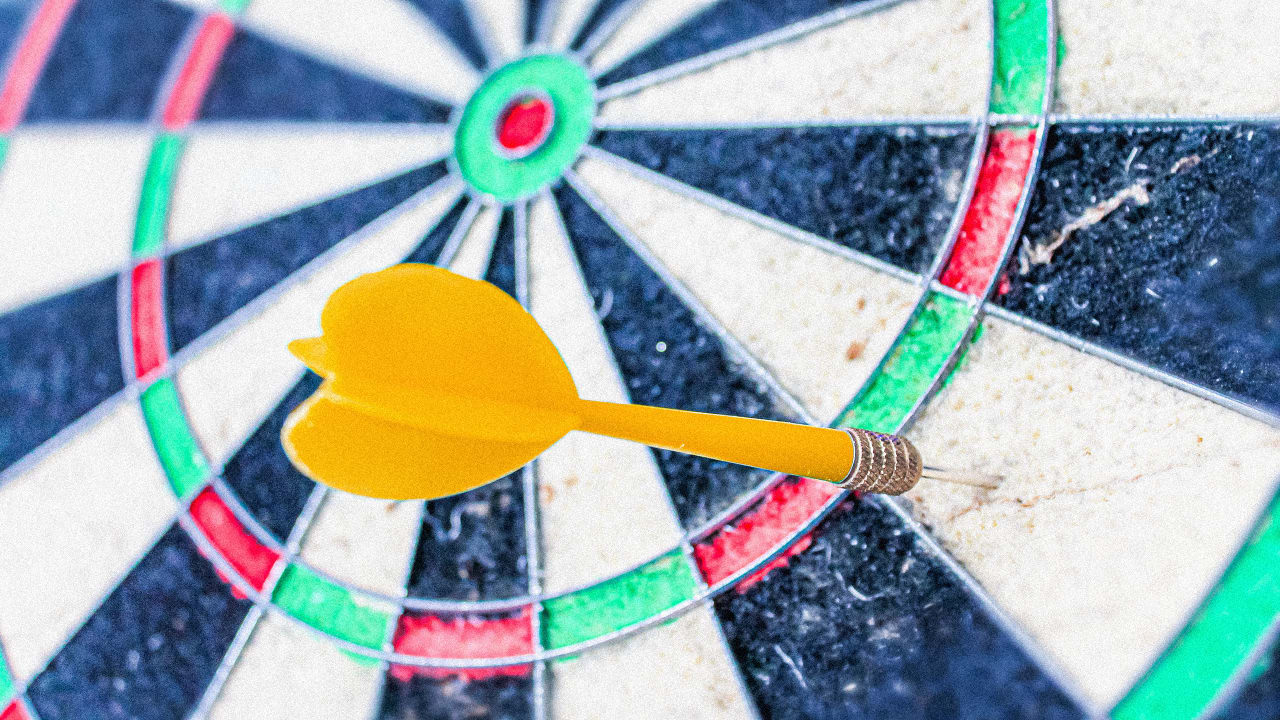
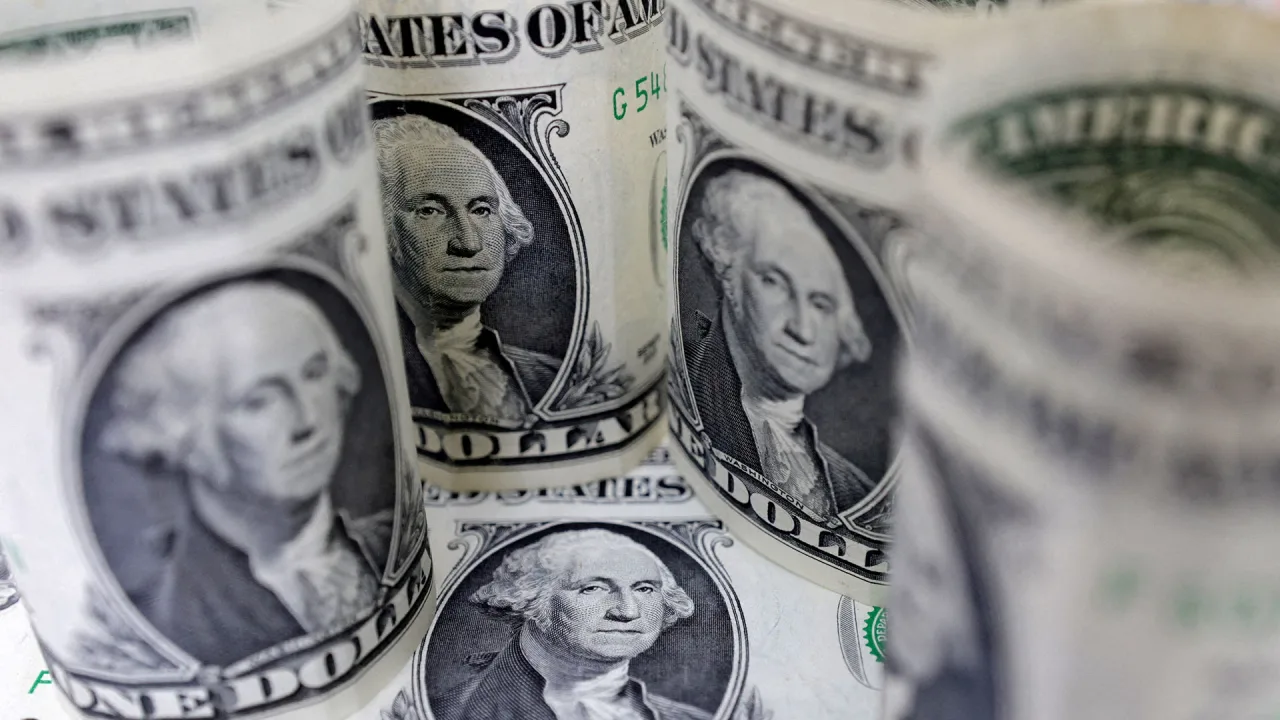








































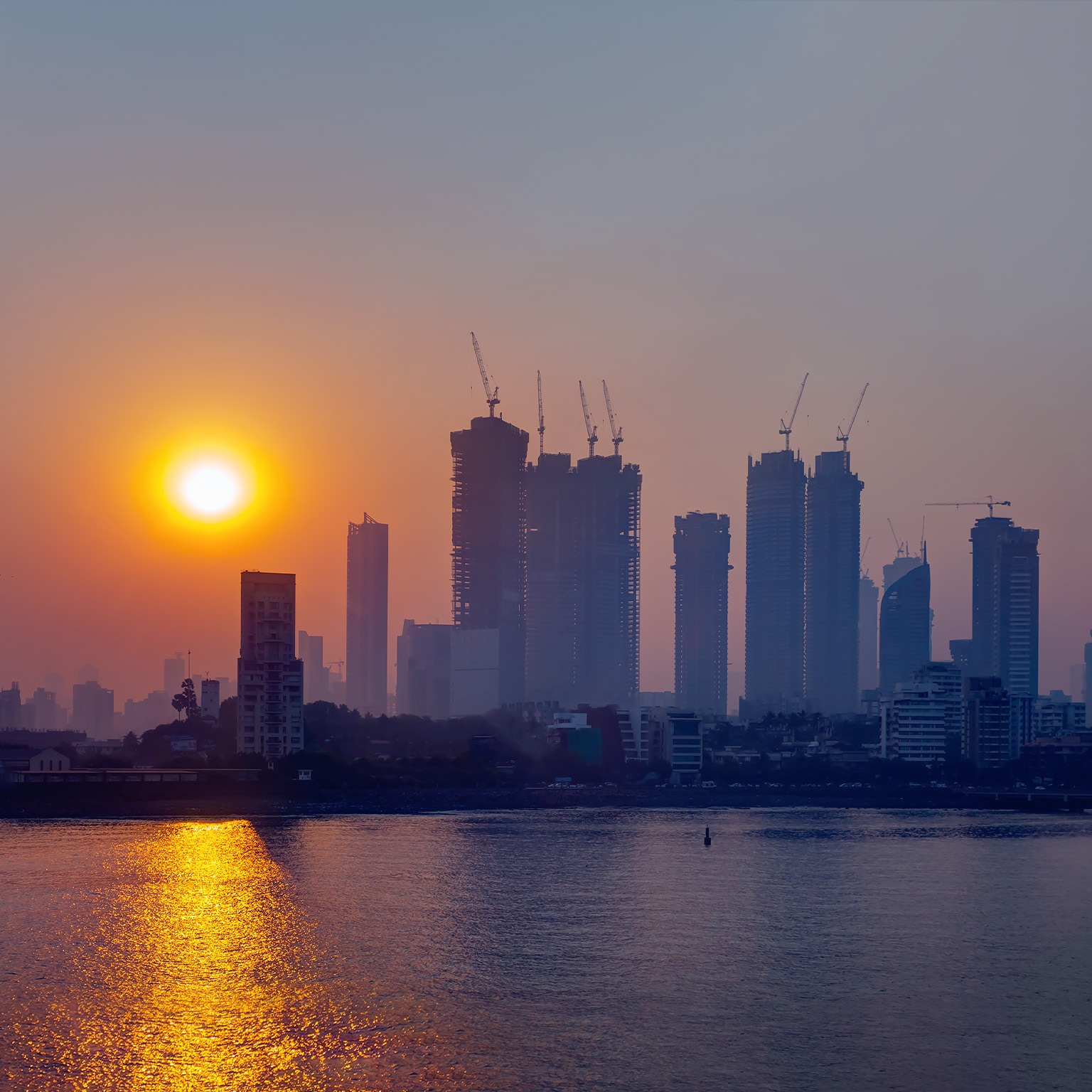
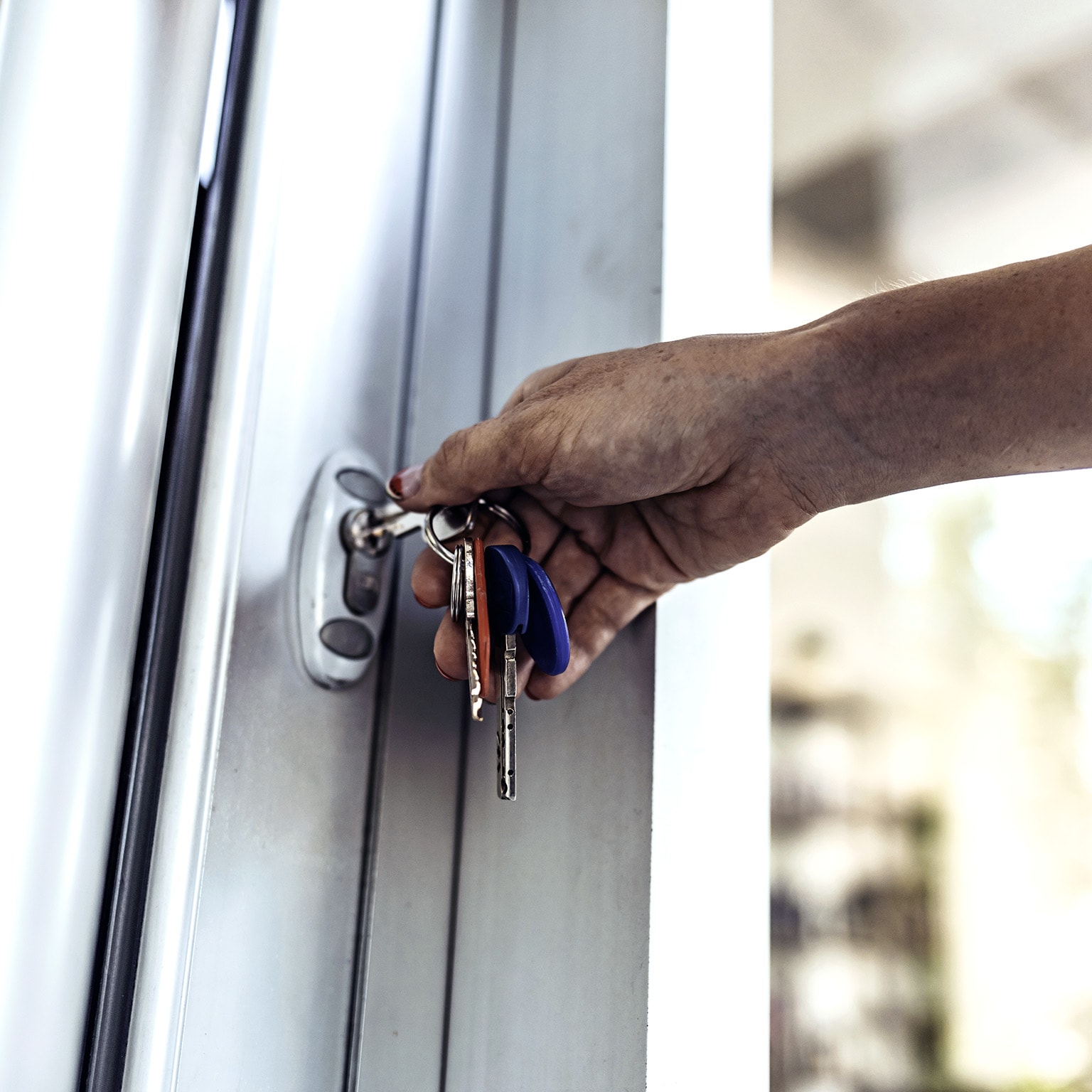































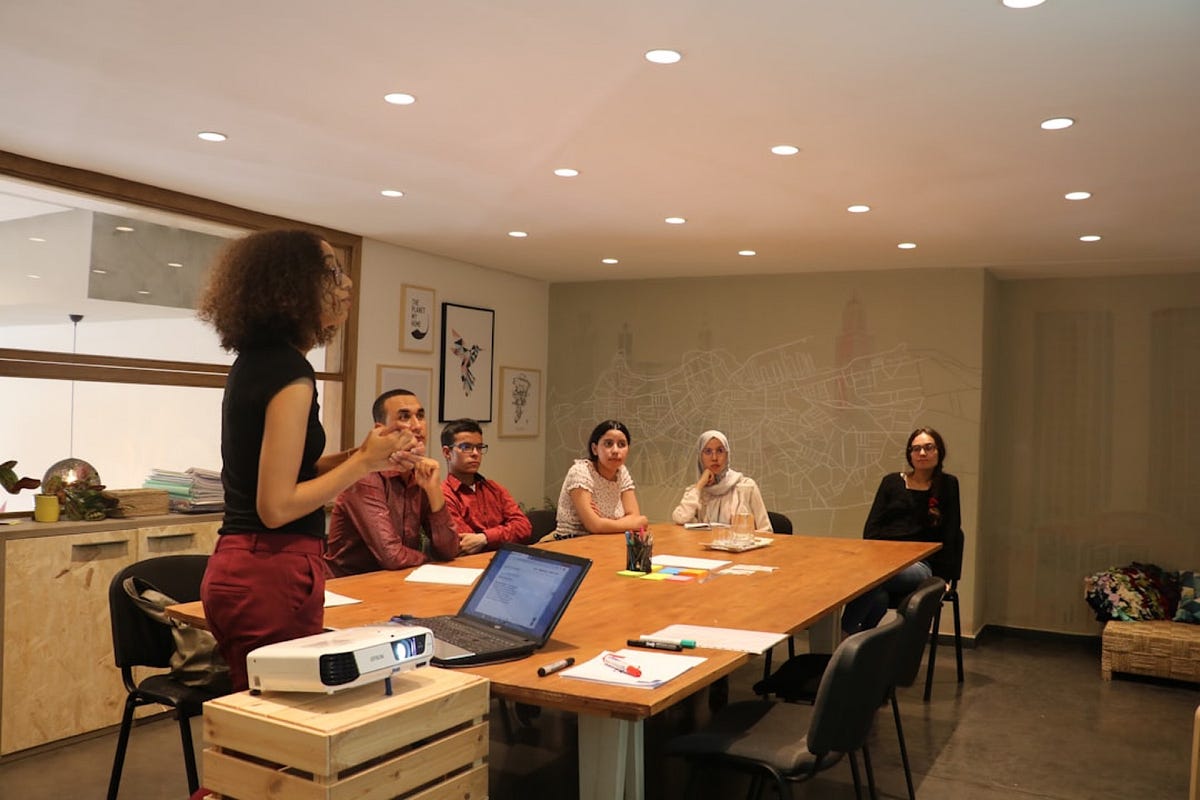

























![Building A Digital PR Strategy: 10 Essential Steps for Beginners [With Examples]](https://buzzsumo.com/wp-content/uploads/2023/09/Building-A-Digital-PR-Strategy-10-Essential-Steps-for-Beginners-With-Examples-bblog-masthead.jpg)

















































